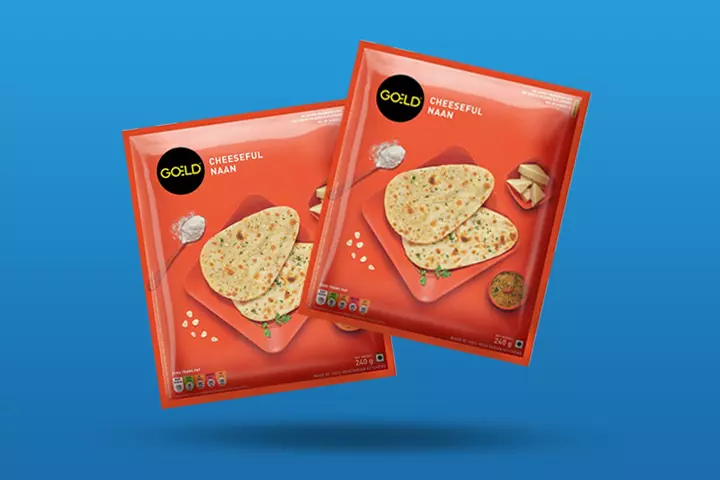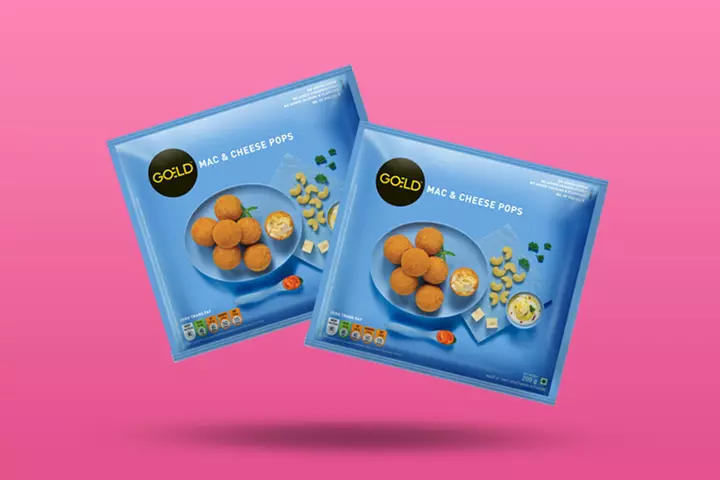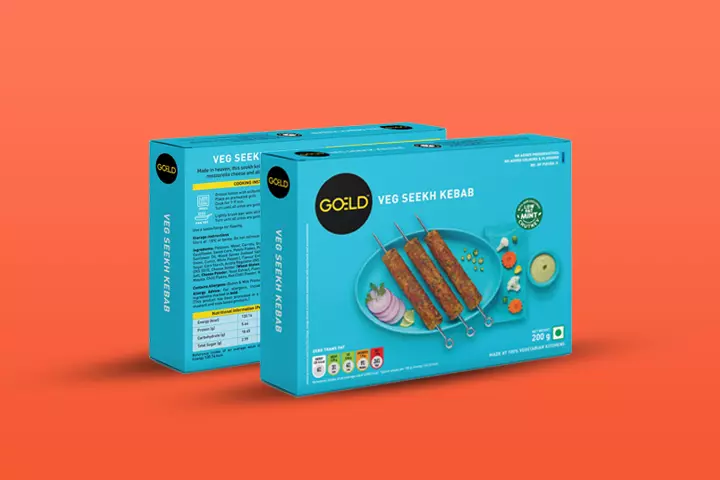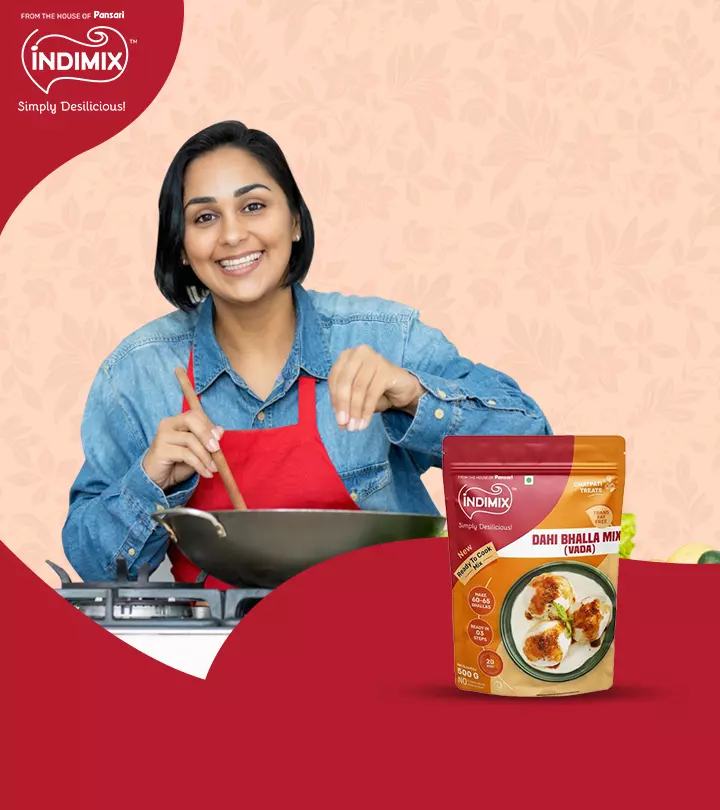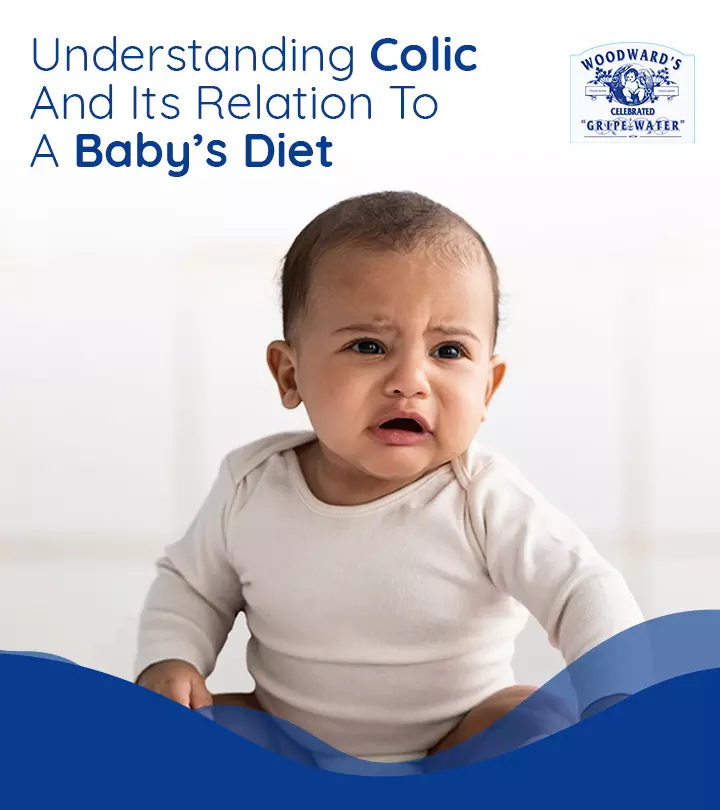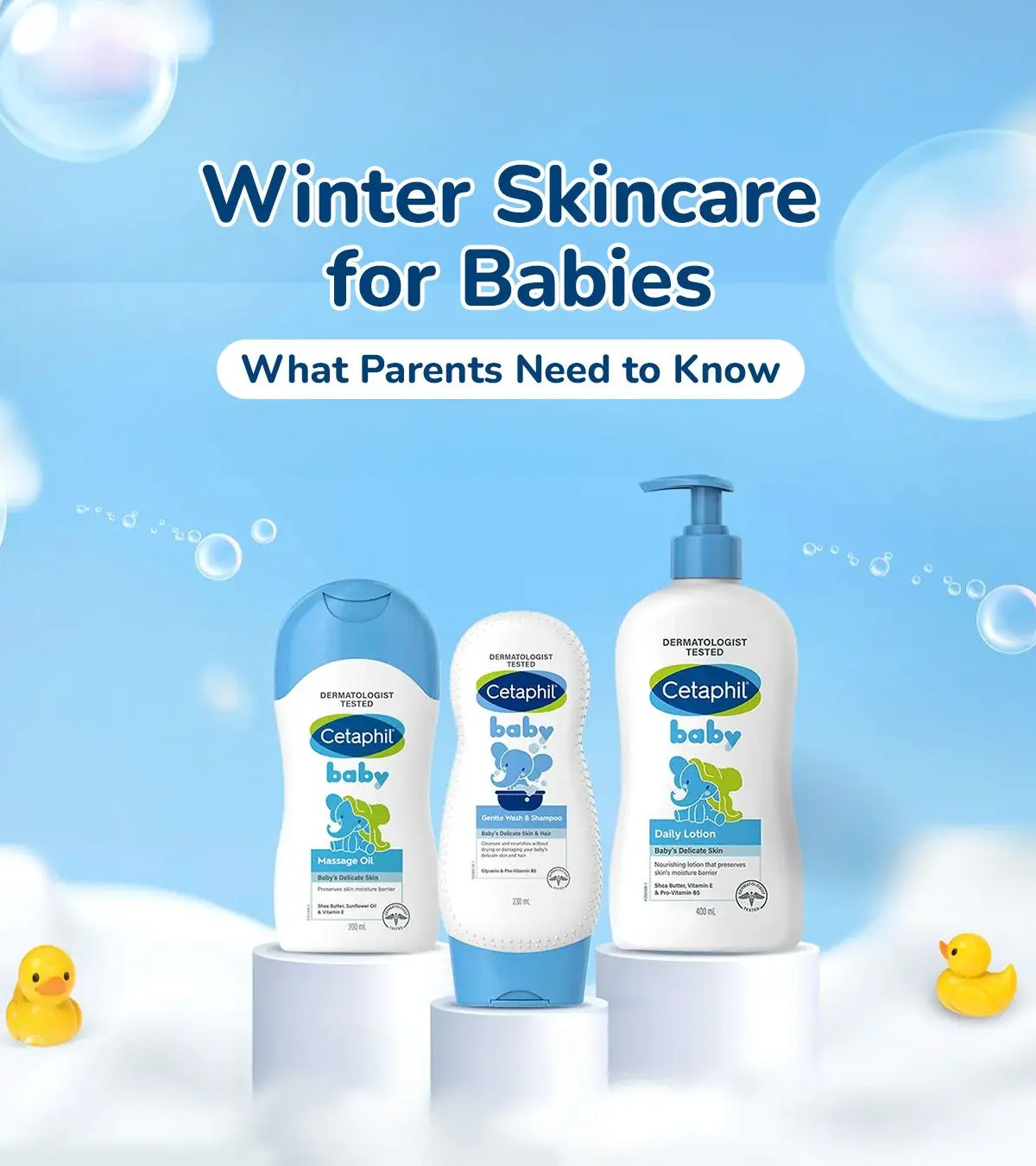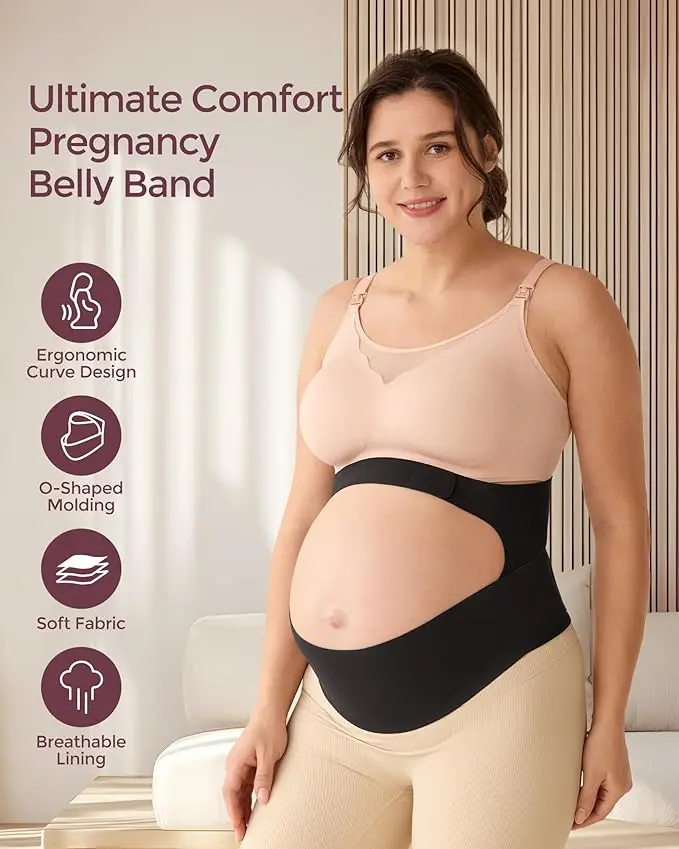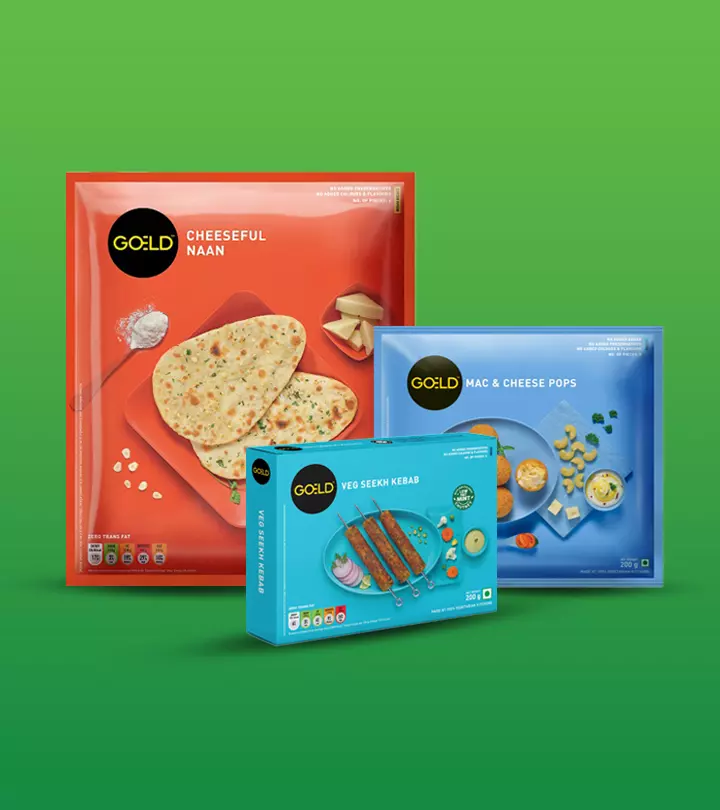

Image: ShutterStock
Do you usually give Frozen Food at the supermarket a rock hard ‘pass’? Do you think that Frozen food equals junk food? Do you also think that frozen food is expensive and that it is better to toss the idea and concentrate on fresh produce instead? Don’t worry, you’re not alone. Many consumers shy away from ready-to-cook frozen foods. There are several reasons for this, the prime reason being frozen food is nutritionally deficient. There is also concern regarding the storage and expiry of these food items. In this article, we are going to debunk 10 such myths about frozen foods and help you understand why frozen foods should be an ideal addition to your kitchen.
#Myth – Frozen foods are less nutritious than fresh food.
This is only true if your food is coming directly from the farm to your table. Every food item experiences nutritional degradation over time. If you are in the habit of storing vegetables, you will be surprised to know that most of the produce that you buy as ‘fresh’ actually reaches you after about a week of being harvested. They travel a long distance from the fields to the mandis, from where your local sabjiwalla buys it. Pollution, unsafe storage and transit are often responsible for the reduction of nutrients in these fruits and vegetables.
#Myth – Frozen Food is only about convenience
Not really! Today manufacturers have upped their game and offer more healthy, natural and wholesome varieties of foods that apart from being convenient are healthy and nutritious. Determined to meet the requirements of the modern health-conscious consumer, manufacturers today make meals using the highest quality ingredients just like you would make at home if you had the time. With no added color, preservatives or flavor, it cannot get healthier than this.
#Myth – You cannot refreeze frozen food
Since frozen food is already portioned out, you can refreeze the amount you’re not using for later use. However, you have to ensure that the food is properly thawed in the first place. Defrosting your food in the refrigerator instead of the kitchen counter allows you to refreeze the leftover portions. Wondering how long you can leave it on the counter? Not more than two hours, after which you should safely return it to the freezer.
#Myth – Frozen Food is more expensive
Is a potato or two cheaper than the bag of aloo-tikkis lying in your fridge? Maybe it is. The markup in price happens primarily because of the prep and the freezing process. If you think about it, apart from being convenient, frozen foods are actually cheaper than takeaway or going out to a restaurant for the same items. As prices start to soar during off-season, you can still indulge in your favorite veggies without paying a hefty price for procurement.
#Myth – Frozen food is loaded with preservatives
In most cases freezing acts as a natural preservative to preserve the nutrients and keep the food from expiring. So adding preservatives is not really necessary. Most manufacturers nowadays make meals without any preservatives or Trans-fats. So you can literally have your cake and eat it too!
#Myth – Frozen Food is bad for the environment
Since frozen food items can be portioned out and refrozen, it automatically eliminates waste. You can take out whatever amount you require and freeze the rest for use later. This is very convenient when you have a busy week ahead and want to prep your meals in advance. Since you know the contents and quantity of each package, you can plan your meals according to your convenience.
#Myth – Frozen Food is ready to eat.
You cannot eat these foods directly out of the package. Post thawing, most food items usually have to be cooked. Packages usually come with cooking and storage instructions. Ensure that you follow these directions so that you can eliminate any health risks and preserve the quality.
#Myth – Ready-to-eat frozen items do not have many options for vegetarians.
While it is true that non-vegetarian options have flooded the frozen food market, there is hope. Goeld, for example, has come up with several options for vegetarians, such as mac and cheese pops, cheeseful naan, veg seekh kebabs and more. All of these food items are free from preservatives, colors and artificial flavors, and are 100% vegetarian. What’s more, they are cooked in 100% vegetarian kitchens following all safety regulations.
#Myth – You can thaw frozen food using hot water
Umm…actually not a very good idea. Running hot water over frozen items can lead to uneven thawing and may sometimes cause the food to start cooking. This can lead to your food being unevenly cooked and may compromise the taste and texture of the meal.
#Myth – Freezing can preserve food for indefinite periods of time
While freezing definitely prolongs the life of food items, it is true that all foods will lose their freshness and flavor over time. That is why most items come with an expiry date, that you should regularly check to ensure that your meals are as tasty and healthy as they are meant to be.
Frozen Foods come with a lot of advantages. They are convenient, handy, and time-saving for families who cannot afford to go vegetable shopping every day. They also reduce waste as the food is already portioned out and you can take out the required quantity and save the rest for later use. If you are looking for quality vegetarian items that are cooked in 100% vegetarian kitchens conforming to all safety and hygiene regulations, you should definitely consider Goeld Frozen Foods. Get your favorite items delivered home and watch as your family enjoys these delectable dishes and asks for more. Health and taste is after all just a click away.
Community Experiences
Join the conversation and become a part of our nurturing community! Share your stories, experiences, and insights to connect with fellow parents.

